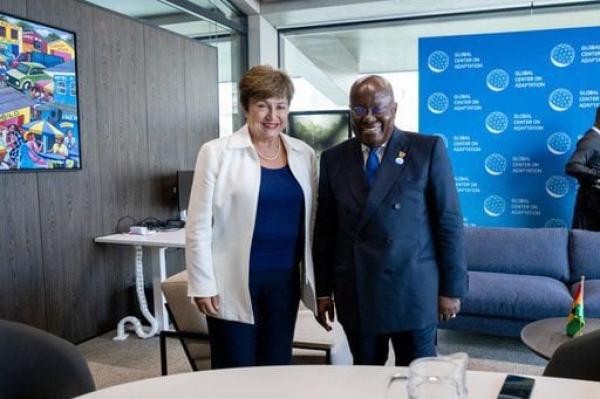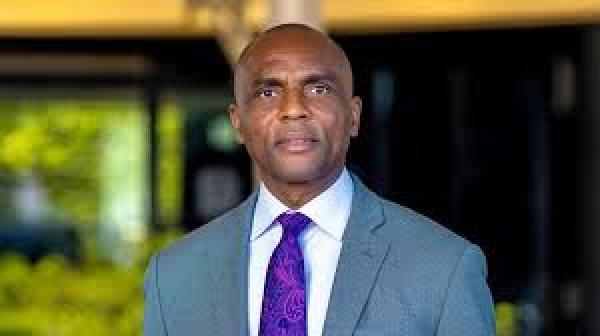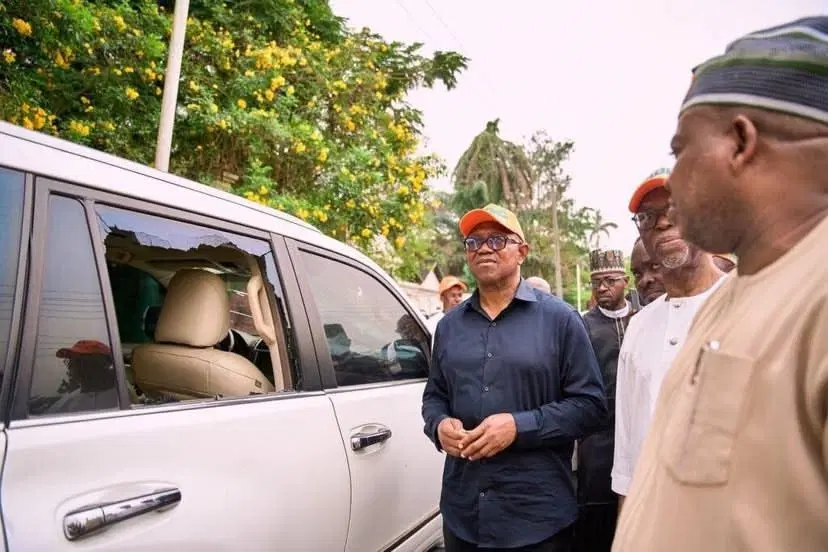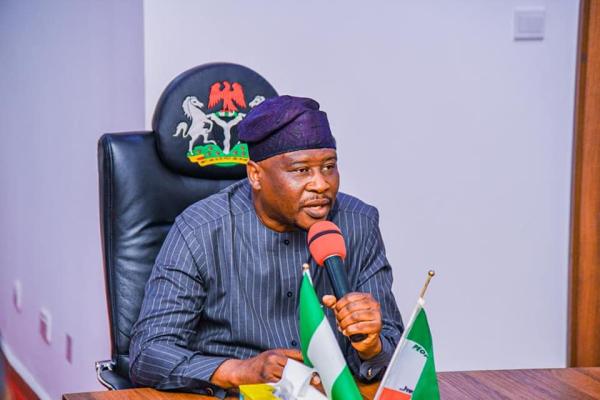
The International Monetary Fund (IMF’s) executive board has approved a three-year extended credit facility (ECF) arrangement of $3 billion for Ghana.
In a statement on Wednesday, the IMF said the West African country will receive an immediate disbursement of about $600 million.
The Bretton Woods institution said the 36-month facility will support a comprehensive reform programme by the Ghanaian government which aims to restore macroeconomic stability and debt sustainability.
The IMF said the programme will help Ghana to overcome immediate policy and financing challenges, mobilise external financing from development partners and provide a framework for the successful completion of the ongoing debt restructuring.
Ghana sought help from the IMF in July 2022 after its citizens took to the streets to protest over spiralling inflation, currency depreciation, and other economic woes.
The country had previously refused to seek IMF support.
Following the executive board discussion on Ghana, Kristalina Georgieva, IMF managing director, said the combination of large external shocks and preexisting fiscal and debt vulnerabilities precipitated a deep economic and financial crisis in Ghana.
“In response, the authorities have launched a comprehensive reform program, to be supported by the ECF-arrangement. It is focused on restoring macroeconomic stability and debt sustainability as well as implementing wide-ranging reforms to build resilience and lay the foundation for stronger and more inclusive growth,” the IMF boss said.
“Capacity development and continued support by development partners would be critical for the successful implementation of the authorities’ program.
“Fiscal consolidation is a core element of the program. A substantial and front-loaded fiscal adjustment has started with the 2023 budget.
“Enhanced revenue and streamlined expenditure will be combined with policies to protect vulnerable households and create room for higher social and development spending in the medium term.
“With a view to fostering lasting fiscal discipline, the authorities are also advancing reforms to enhance domestic revenue mobilization, strengthen public financial management, and tackle the deep challenges in the energy and cocoa sectors.
“The government has also launched a comprehensive debt restructuring, including both domestic and external debt, to place debt on a sustainable path. Effective collaboration by all parties involved would be critical.
“Preserving financial sector stability is critical for the success of the program. Given the adverse impact of the domestic debt restructuring on balance sheets of financial institutions, the authorities will devise and implement a comprehensive strategy to rapidly rebuild financial institutions’ buffers and exit from temporary regulatory forbearance measures.
“Monetary and exchange rate policies under the program will focus on reining in inflation and rebuilding foreign reserve buffers. The Bank of Ghana will continue tightening monetary policy until inflation is on a firmly declining path and will eliminate monetary financing of the budget. The central bank will also enhance exchange rate flexibility and limit foreign exchange interventions to rebuild external buffers.
“An ambitious structural reform agenda is being put in place to reinvigorate private sector-led growth by improving the business environment, governance, and productivity.”






















